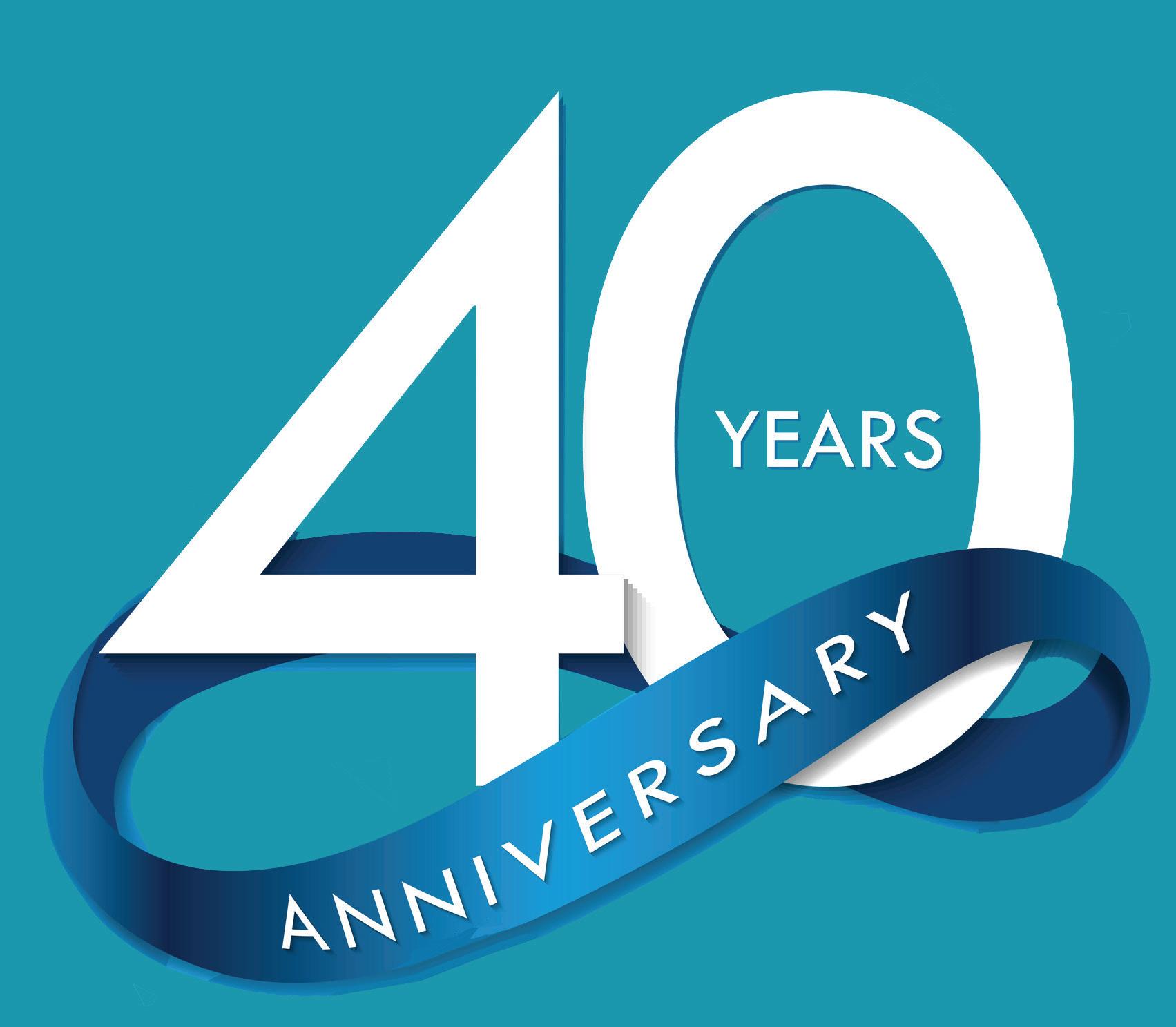

An Impact Report for our Partners 2020-2022
...so that all Floridians have a home that is affordable...
OUR MISSION:

The Florida Housing Coalition’s mission is to bring together housing advocates and resources so that all Floridians have a home that is affordable in a suitable living environment.
OUR VISION:
In every Florida community, there is an ethic to ensure all members of that community, including the most vulnerable and low income, can live in a home of that person’s own choosing that is affordable to them, and that each community has at least one community-based organization with the capacity to play an important role in delivering housing and related services in that community.

1982
Founded in 1982, Florida Housing Coalition is recognized as Florida’s foremost authority on housing affordability, ending homelessness, housing advocacy, and local government housing planning and implementation.

1985
In 1985, the Coalition issued its first Housing Network News journal, now published twice a year featuring the latest in housing best practices from around the state.
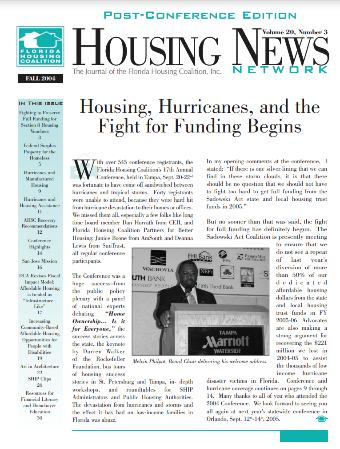
1987
Since 1987, the Coalition has held an annual conference -- considered to be the premier housing training event in Florida— it now attracts more than 1100 affordable housing professionals, advocates, lenders, developers, administrators, and policymakers.
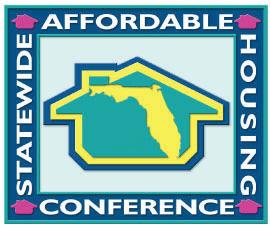
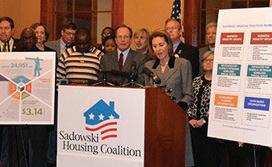
1991
In 1991, Jaimie Ross, the Coalition’s current CEO initiated the Sadowski Coalition, which led to landmark legislation creating a dedicated revenue source for affordable housing in Florida, known as The William E. Sadowski Affordable Housing Act.
Community Certification the

2000
In 2000, the Coalition founded the Florida Community Land Trust Institute eventually developing a formal Certification program for the Institute – the first of its kind in the nation.
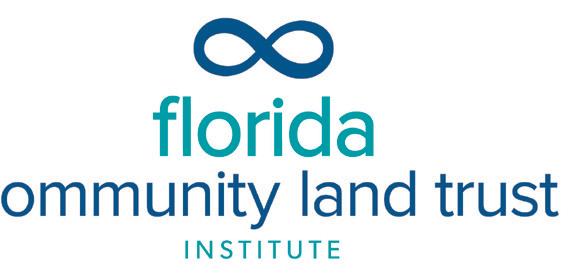
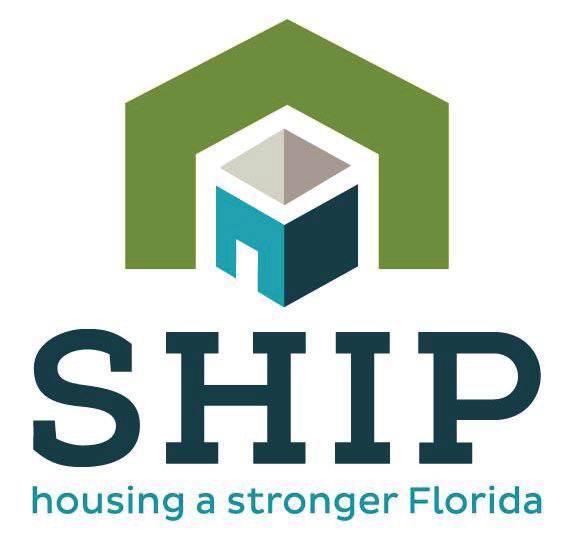

Working with then Governor Jeb Bush, the Coalition spearheaded affordable housing recovery from the storms of 2004, and has since been a leader statewide in coordinating longterm recovery efforts for local housing offices and nonprofits.
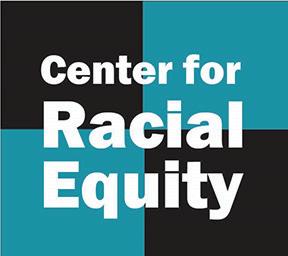
2004Celebrating 10 years of providing training and technical assistance to every county and large municipality in the state through the Catalyst Program of the Florida Housing Finance Corporation.
20122021In 2021, the Coalition launched the Center for Racial Equity, which serves as a composite platform for the Coalition’s efforts focused on race and equity in the public and private investments, regulations, and legal and policy frameworks that shape Florida’s neighborhoods, cities, and regions.
A New Era for Sadowski


The Housing Champion Award from the Florida Housing Coalition was presented at this year’s Annual Home Matters Conference to the incoming Senate President Kathleen Passidomo in recognition of her leadership as the original sponsor of ‘Stop the Sweeps’ legislation and for her efforts supporting affordable housing.
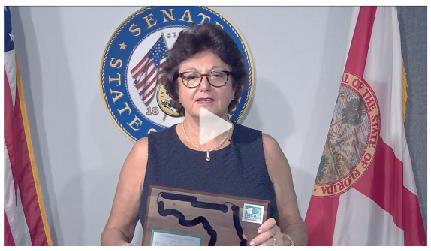
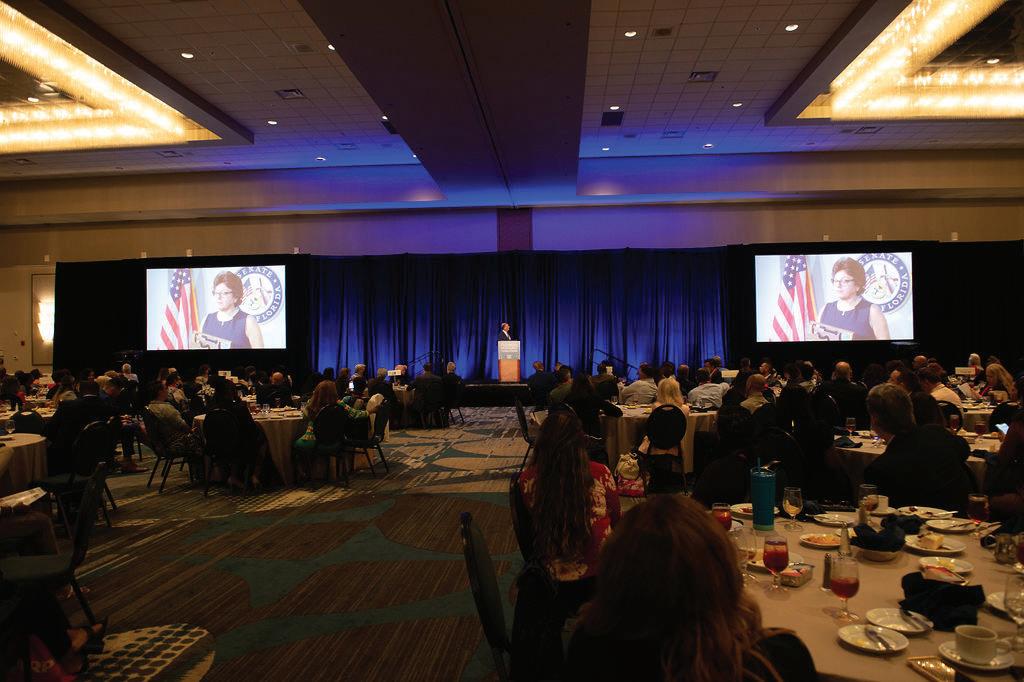
As of this year, the Sadowski Trust Funds will be recurring revenue, automatically included in both the House and Senate budgets. The amendment to Florida Statutes Section 201.15(5) stops the sweeps and provides a guarantee of recurring revenue from the Sadowski Act dedication of doc stamp revenue for Florida’s affordable housing programs. This is a significant step toward the new normal of no housing trust fund sweeps. This is something to celebrate.

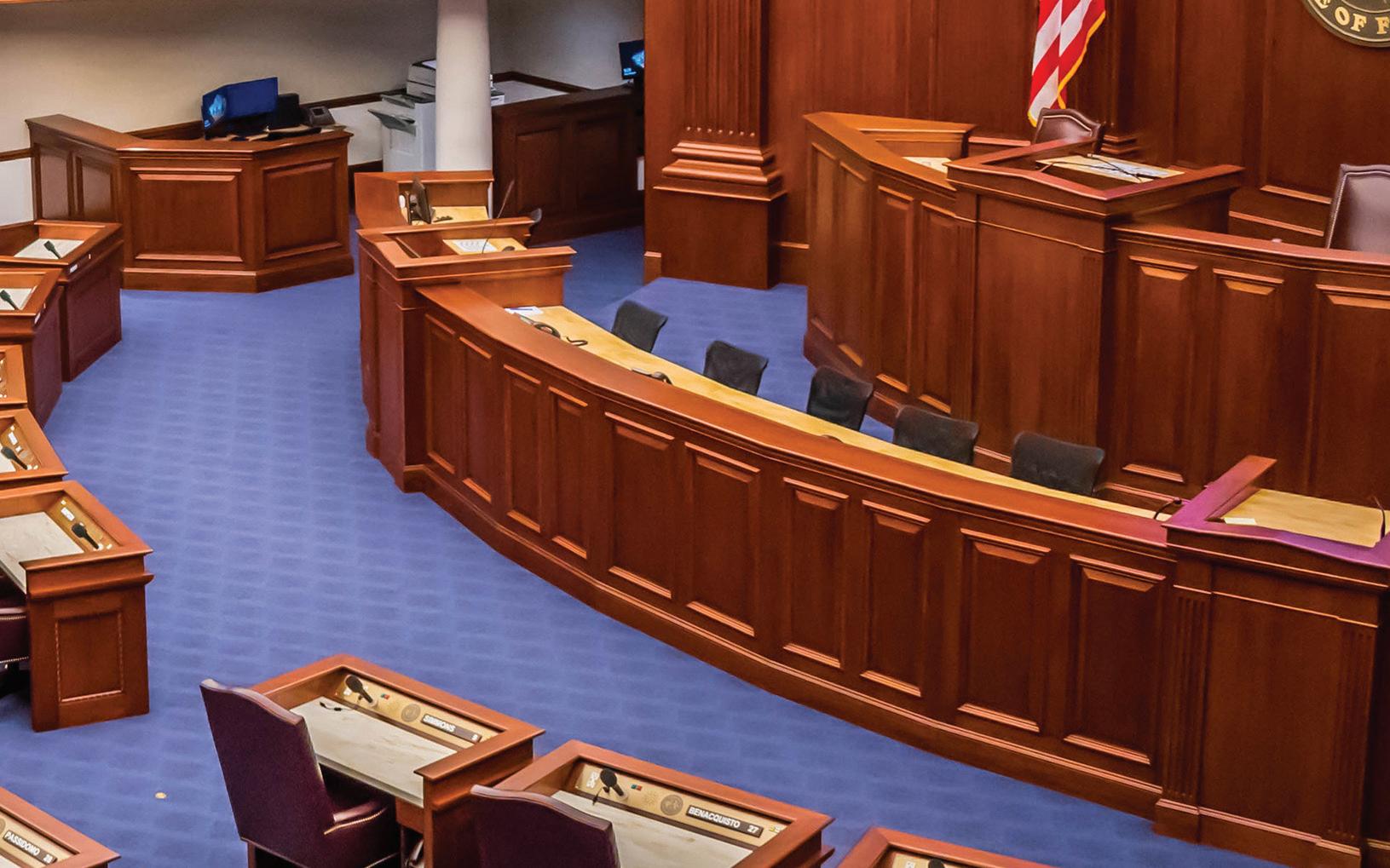
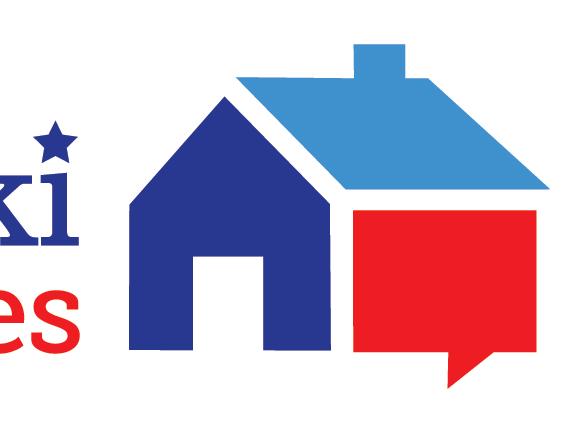
Full appropriation of Sadowski funding for housing was achieved in the 2022 Legislative session.
Sadowski Education made possible with the generosity of Wells Fargo
ARPA: Advocating for affordable housing funding statewide
Increasing the Use of Federal & State Monies for Affordable Housing through Education & Advocacy
Significant strides were made in 2021-2022 advocating for the use of Coronavirus State and Local Fiscal Recovery Fund (SLFRF) funds for affordable housing in cities and counties throughout the state. With direct outreach to local advocates, county and city administrators, and elected officials, the Florida Housing Coalition convened multiple workshops to share best practices, highlight success stories, and distributed factsheets urging communities to commit as much of their SLFRF allocations as possible in response to Florida’s rising affordable housing crisis.

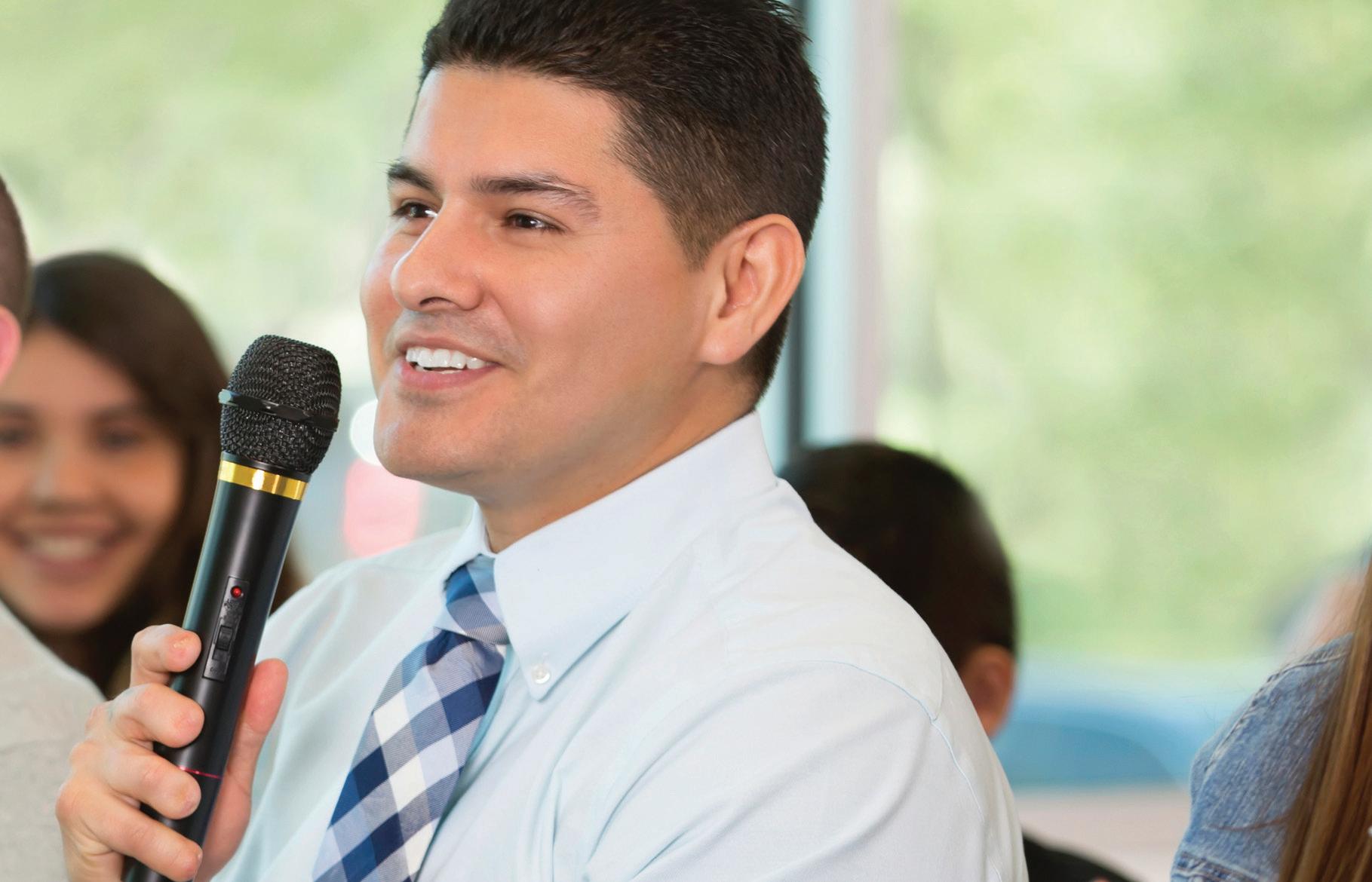
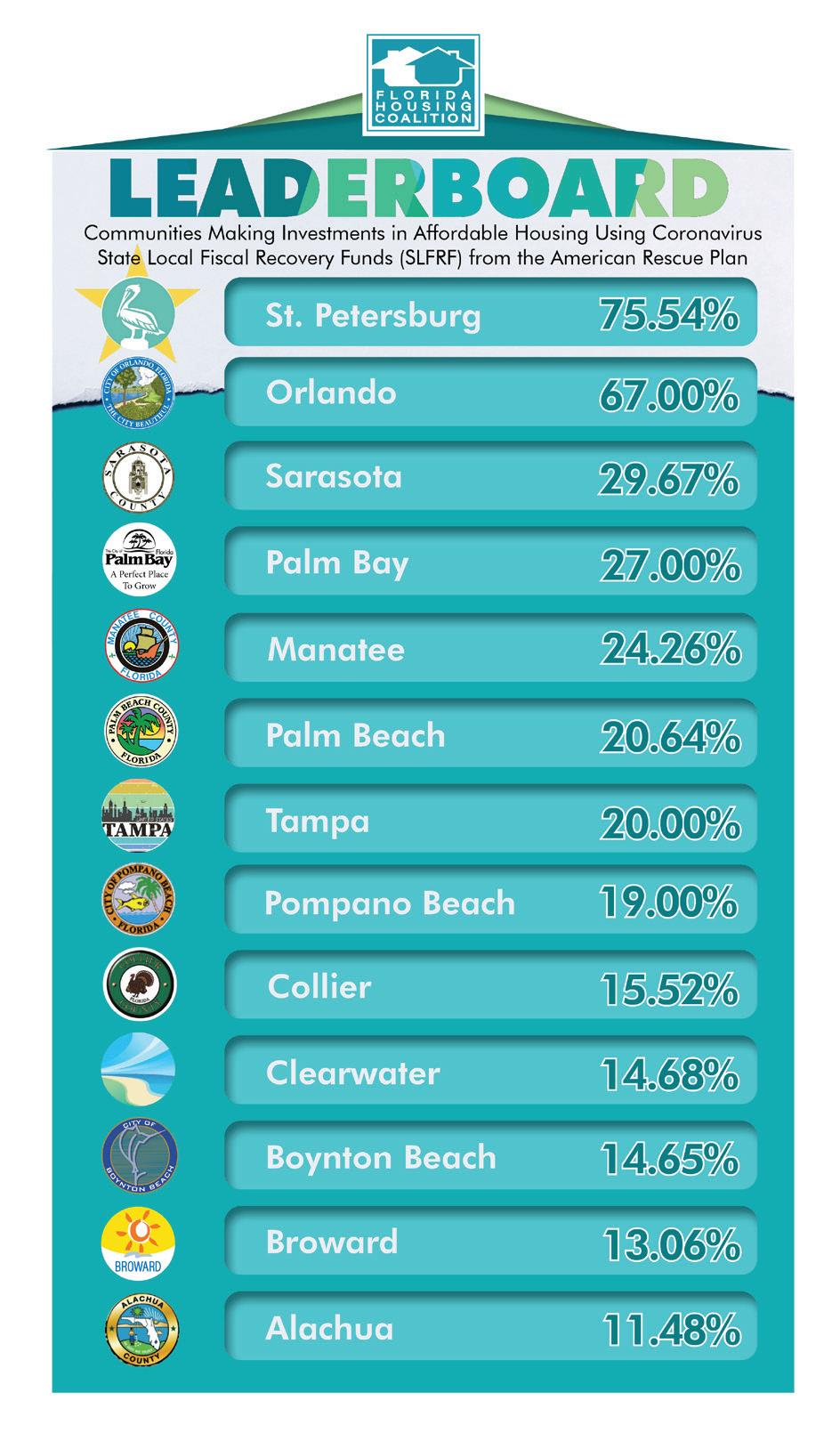
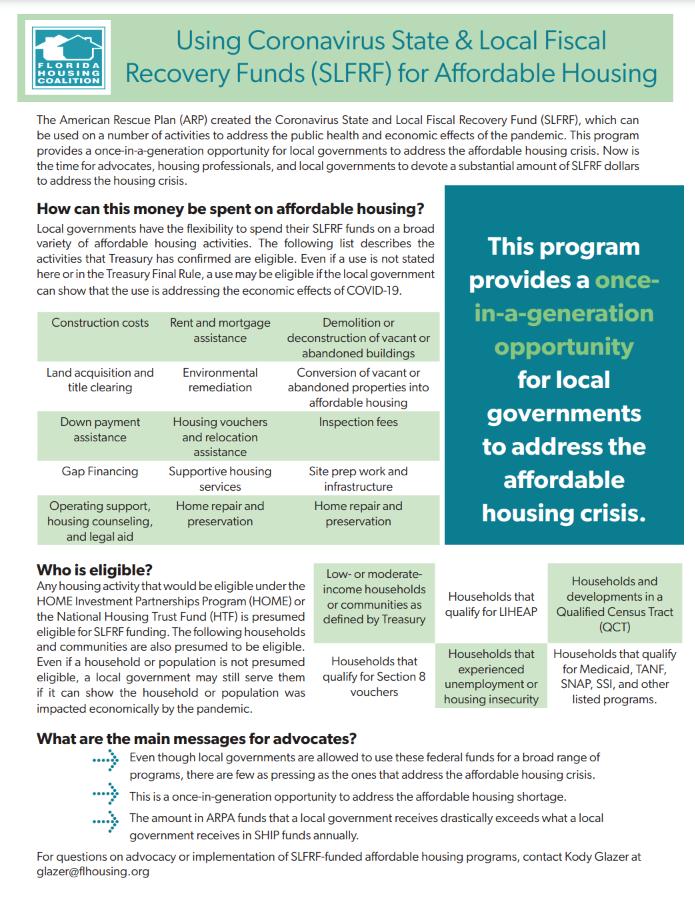
ARPA: Advocating for affordable housing funding statewide
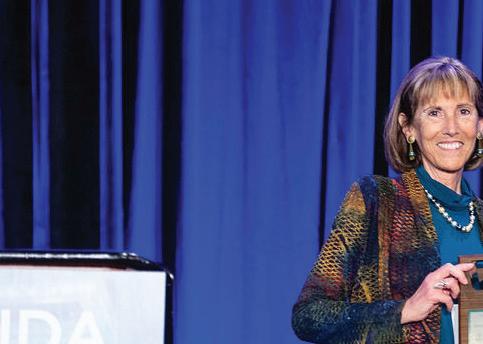
Highlights include:
The Florida Housing Coalition presented the Housing Champion Award to St. Petersburg Mayor Kenneth T. Welch for the critical work done by the City of St Petersburg as the state’s leader for committing the largest portion of ARPA funds to affordable housing.
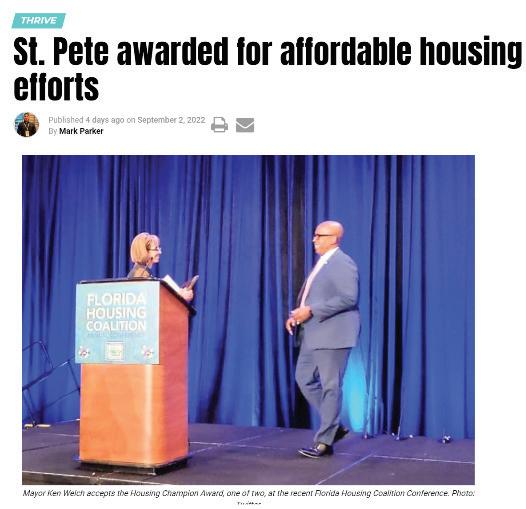
The Orlando City Council adopted a resolution to amend the City’s budget to include its ARPA allocation, allowing the City to allocate over $58 million in funding for the Accelerate Orlando Fund initiatives unveiled at a workshop last month. Orlando plans to invest over $39 million in affordable housing and homelessness projects through this fund.
$25 million was allocated by Sarasota County to support the development or permanent acquisition of nearly 700 affordable housing units, the second highest allocation for affordable housing efforts across all SLFRF recipients in Florida and the single largest contribution the county has made for these initiatives.
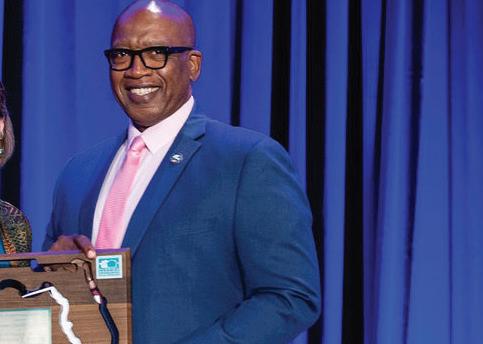
CLTs: Ensuring affordability for generations
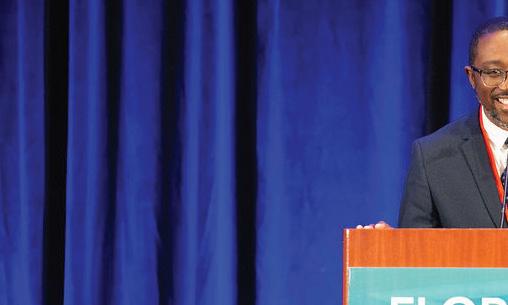
“By taking the land out of the equation, the cost of the home is lessened,” said inaugural Jacksonville CLT Board Chair Steve Kelley. “The JCLT will acquire land, housing and other critical communityserving real estate and steward them to ensure they remain affordable in perpetuity,” Kelley said.
Launched after a year-long planning effort in conjunction with the Florida Housing Coalition, the Jacksonville CLT was announced in August of 2022 by Mayor Lenny Curry. The community land trust will help neighborhoods resist gentrification, provide community members with a meaningful voice in development, and enable low and moderate-income households to build generational wealth.
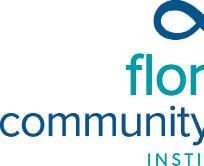
A National Model with Local Impact

Community Land Trusts ensure permanent affordability. Established in 2000, the Florida Community Land Trust Institute created a Certification Program--the first in the nation of it’s kind-- which focuses on promoting industry standards and best practices amongst all CLTs in Florida to bring them to scale. In conjunction with our Partners for Better Housing, including Freddie Mac, the Institute recently celebrated the first six nonprofits to be certified.

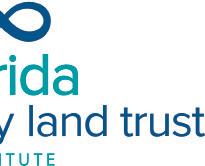
Moving the Conversation

Since its launch in February of 2021, our Center for Racial Equity (CRE) has sought to to bring the lens of racial equity to bear on all our work, with intentionality. In 2021, we launched CRE with two major programs, our Closing the Gap program (detailed on the next page) and our CRE Policy Discussions. Bringing together national and state partners, our CRE Policy Discussions investigated policy practices and past injustices that have undermined racial equity, and sought to promote new strategies aimed at advancing racial equity in Florida’s neighborhoods. These popular forums were attended by more than 650 partners in 2021.
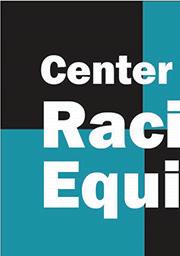
Conversation on Racial Equity



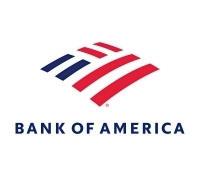
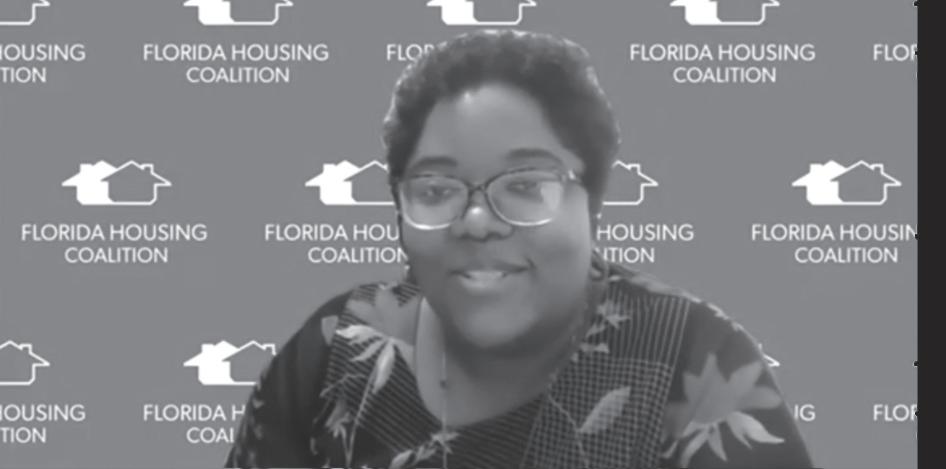

The City of Delray Beach and Manatee County were recently selected to participate in the CRE’s Support and Connect Program underwritten by Fifth Third Bank. The two municipalities will receive training and technical assistance to implement best practices in the disposition of public land for affordable housing development with an emphasis on supplier diversity. The aim of the training and technical assistance provided is a systematic improvement in processes and procedures, increasing housing production while addressing barriers to participation often faced by minority developers and nonprofits. Ultimately, more housing will be produced by local businesses, providing opportunities to residents and building wealth within the local community.
 Special thank you to Center for Racial Equity Major Underwriters:
Special thank you to Center for Racial Equity Major Underwriters:
Two Communities

The path to homeownership is not the same for every household. For some, it may take down payment and closing cost assistance. For others, purchasing a community land trust home to bridge from rental to fee simple homeownership is the right path. Each of these strategies must be shaped at the local level based on history, quantitative and qualitative data. Making system-wide improvements in addressing racial inequity can be a heavy lift in the wake of decades of systemic discrimination, but it can and must be done.

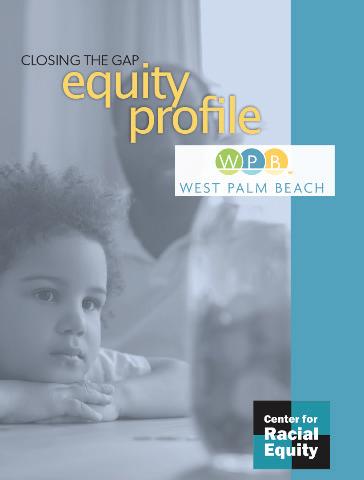
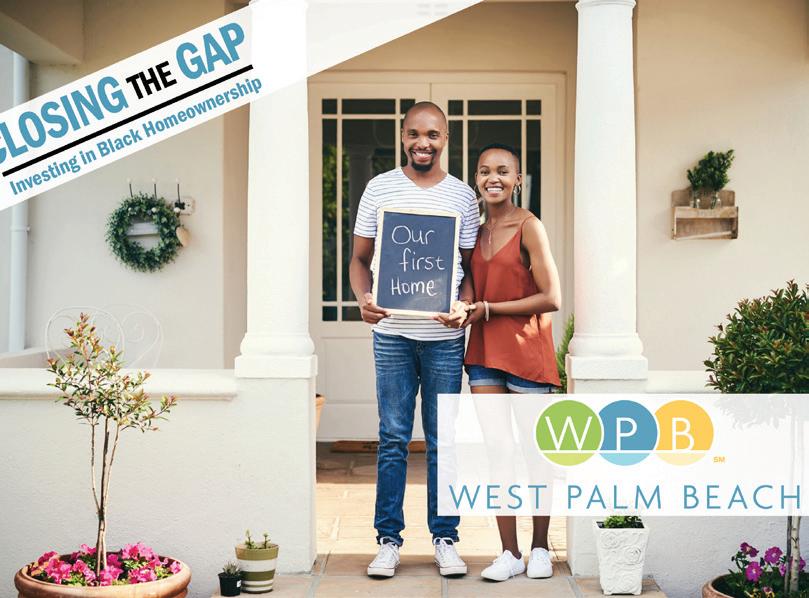
Work to Close the Gap
After a rigorous application process, the City of Fort Pierce and the City of West Palm Beach were selected to receive the Center’s first Closing the Gap grants. The 24-month engagement began in September 2021 beginning the process of engaging these two local governments in a comprehensive, systems-change effort towards closing the racial gap in homeownership. In the summer of 2022, the City of West Palm Beach launched the community engagement phase of its program with a variety of online engagement tools available via the Coalition’s new Connect platform. In addition, an Equity Profile has already been presented to City Officials in both West Palm Beach and Fort Pierce and ongoing community discussions and strategy implementation have begun.

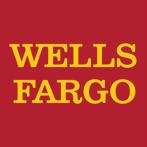

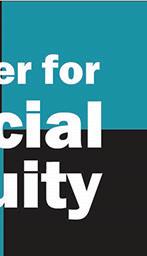


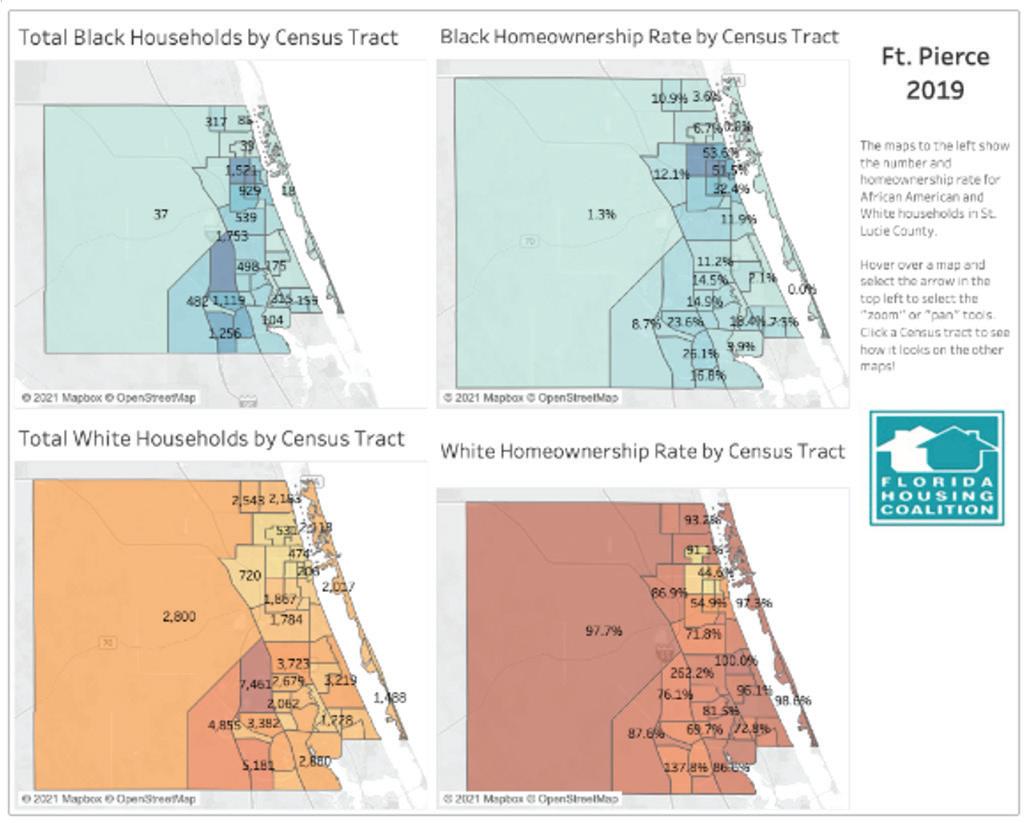 Special thank you to Center for Racial Equity Major Underwriters:
Special thank you to Center for Racial Equity Major Underwriters:
Heirs Property: Preserving Generational Wealth
The Department of Agriculture has called heirs’ property “the leading cause of Black involuntary land loss.”

In partnership with Fannie Mae, the Center is tackling its first Climate Justice Goal: To preserve lives and properties of low income, minority, elders, and persons with disabilities in flood hazard areas by resolving heirs’ title issues. The restoration of clear title to heirs will open the door for financing, disaster assistance, mitigation, leading to insurable assets.
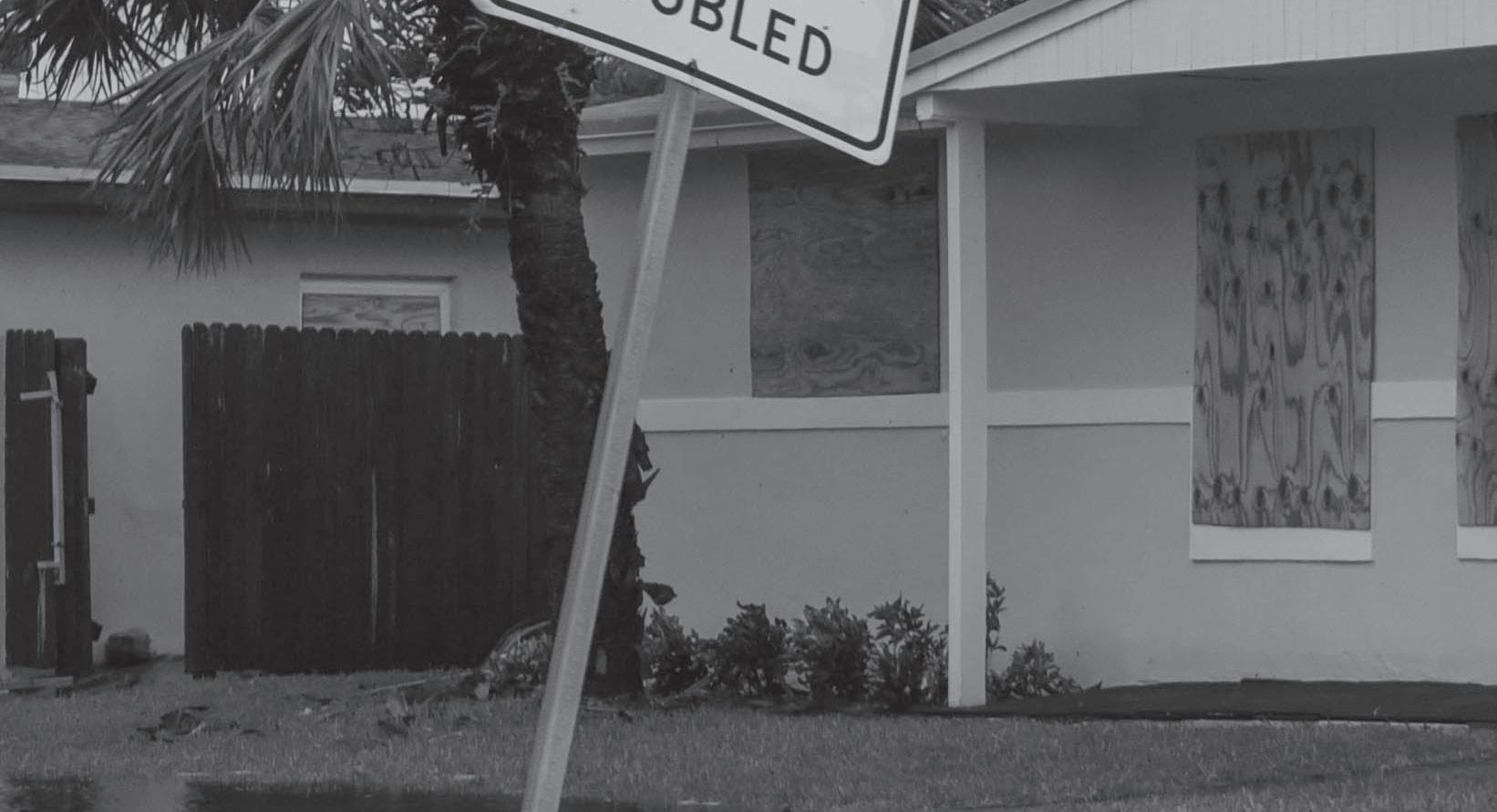
OUR APPROACH: USING DATA AND RESEARCH
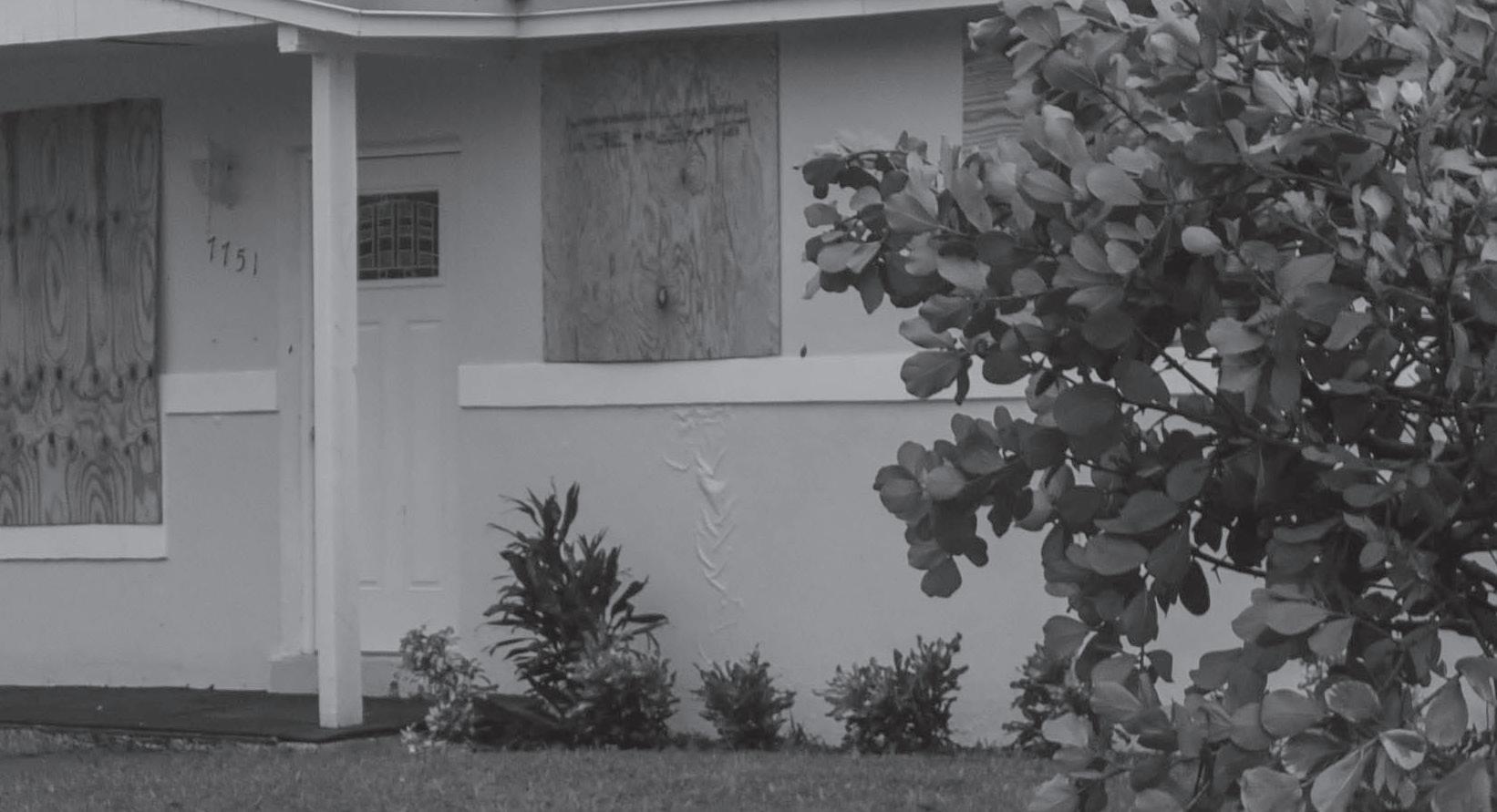

RESEARCH: The first step in our collaborative approach was to develop a research methodology and analytical tools to identify heirs’ property locations throughout the state. LOCATE: Using parcel and tract level data, our team was able to track and identify where incidence of heirs’ property issues are most likely to be occurring in our sample communities. RISK ASSESSMENT: The next step is to conduct an assessment of those areas most vulnerable to climate change-based hazards within those identified zones. TRAIN & CONNECT: Our approach then connects housing providers, advocates, local governments, and legal services to the tools and methodologies developed to assist heirs’ property owners to obtain marketable title. PROVIDE TOOLS: This results in a series of recommendations and draft language for a FEMA affidavit system for heirs’ property residents to qualify for Individual Assistance.
 Special thank you to our Heirs Property Partner:
Special thank you to our Heirs Property Partner:
Disaster Recovery: Responding to a State in Need
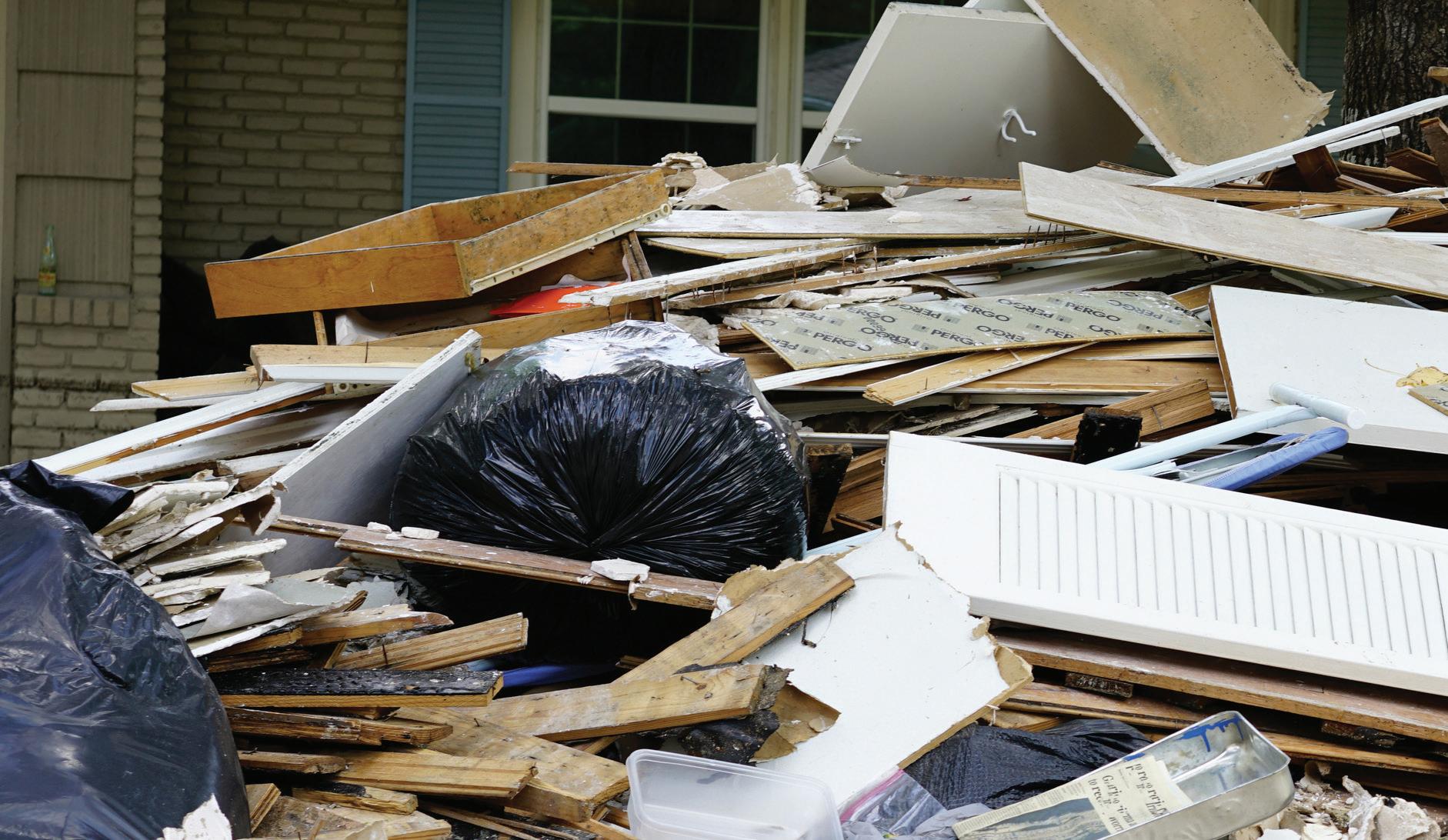
Hurricane Ian made landfall on Wednesday, September 28, 2022, in southwest Florida as a Category 4 major hurricane. Storm surge devastated coastal cities from Northport in Charlotte County to Marco Island in Collier County, while high intensity winds and major flooding impacted inland and west coast cities from Orlando to Daytona Beach and the St. Johns River through Flagler, Putnam and St. Johns County. Impacts of Hurricane Ian have been particularly catastrophic in Sarasota, Charlotte, Lee and Collier Counties. As damage reports continue to come in, the Florida Housing Coalition is prepared to analyze the impacts of Hurricane Ian on housing and vulnerable populations, provide key observations to high-level local, state and federal stakeholders, and to provide technical assistance to housing providers in the wake of this catastrophic storm. The Coalition was asked to co-chair the State Disaster Housing Task Force with Florida Division of Emergency Management to facilitate the temporary shelter to permanent housing solutions for thousands of displaced Floridians.
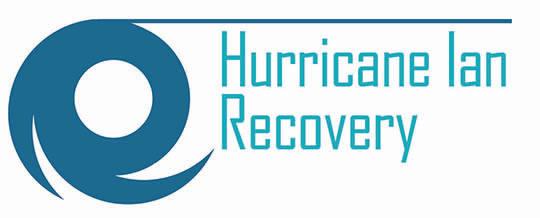
The Florida Housing Coalition has a well-rehearsed ensemble of strategies to assist Florida’s housing providers for short- and long-term housing recovery of the state’s low- and moderateincome population. The vulnerability of persons and households of color, the elderly, people with disabilities, and other populations is well documented, and the core of the Coalition’s focus is an inclusive and equitable housing recovery that will result in a resilient affordable housing stock.

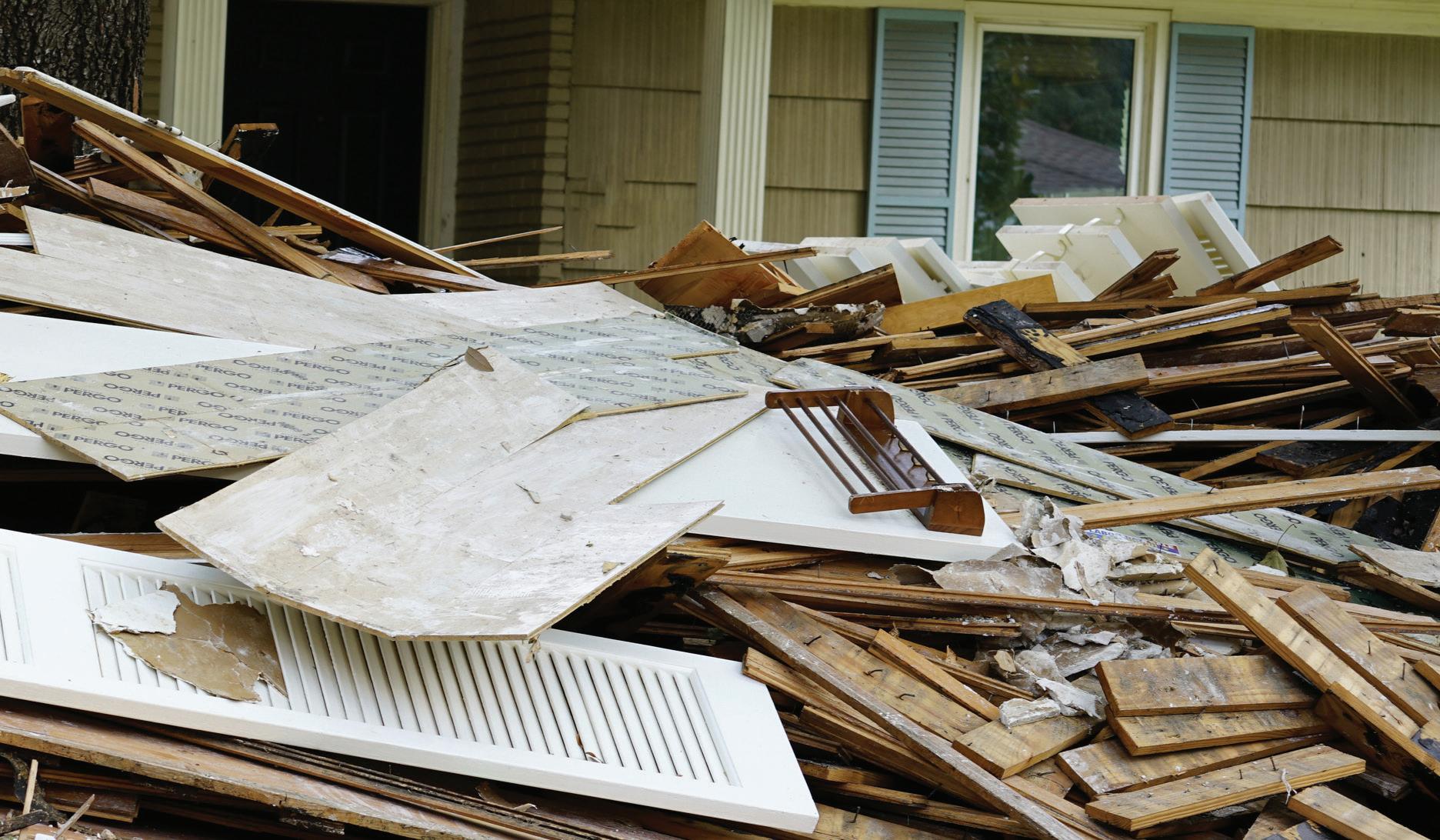 Special thank you to our Hurricane Ian Disaster Recovery Partner:
During blue skies, the Florida Housing Coalition implemented a Business Continuity Plan drawing from Enterprise’s Business Continuity Toolkit. We were able to implement this during Hurricane Ian, and highly recommend this tool to other nonprofits and affordable housing developers.
Special thank you to our Hurricane Ian Disaster Recovery Partner:
During blue skies, the Florida Housing Coalition implemented a Business Continuity Plan drawing from Enterprise’s Business Continuity Toolkit. We were able to implement this during Hurricane Ian, and highly recommend this tool to other nonprofits and affordable housing developers.
Disaster Recovery: Creating Resilient Communities through Collaboration
Collaborations and Connections Lead to New Ways of Thinking about Mitigation and Recovery
Over the last few years, the Resilience and Disaster Recovery Team at the Florida Housing Coalition has worked with major municipalities in Florida on developing new mitigation tools, as well as worked to increase collaboration amongst housing providers and disaster management agencies. In addition, the Florida Housing Coalition’s efforts to evaluate and respond to the Irma, Michael, and Maria’s impact on the housing stock and Florida’s lower income residents has yielded a new understanding of the lessons learned from Hurricanes Matthew, Irma, Michael, Sally and Ian 2015-2022 in the Sunshine State and has positioned the Coalition as a key resource in the long term recovery efforts for Hurricane Ian.
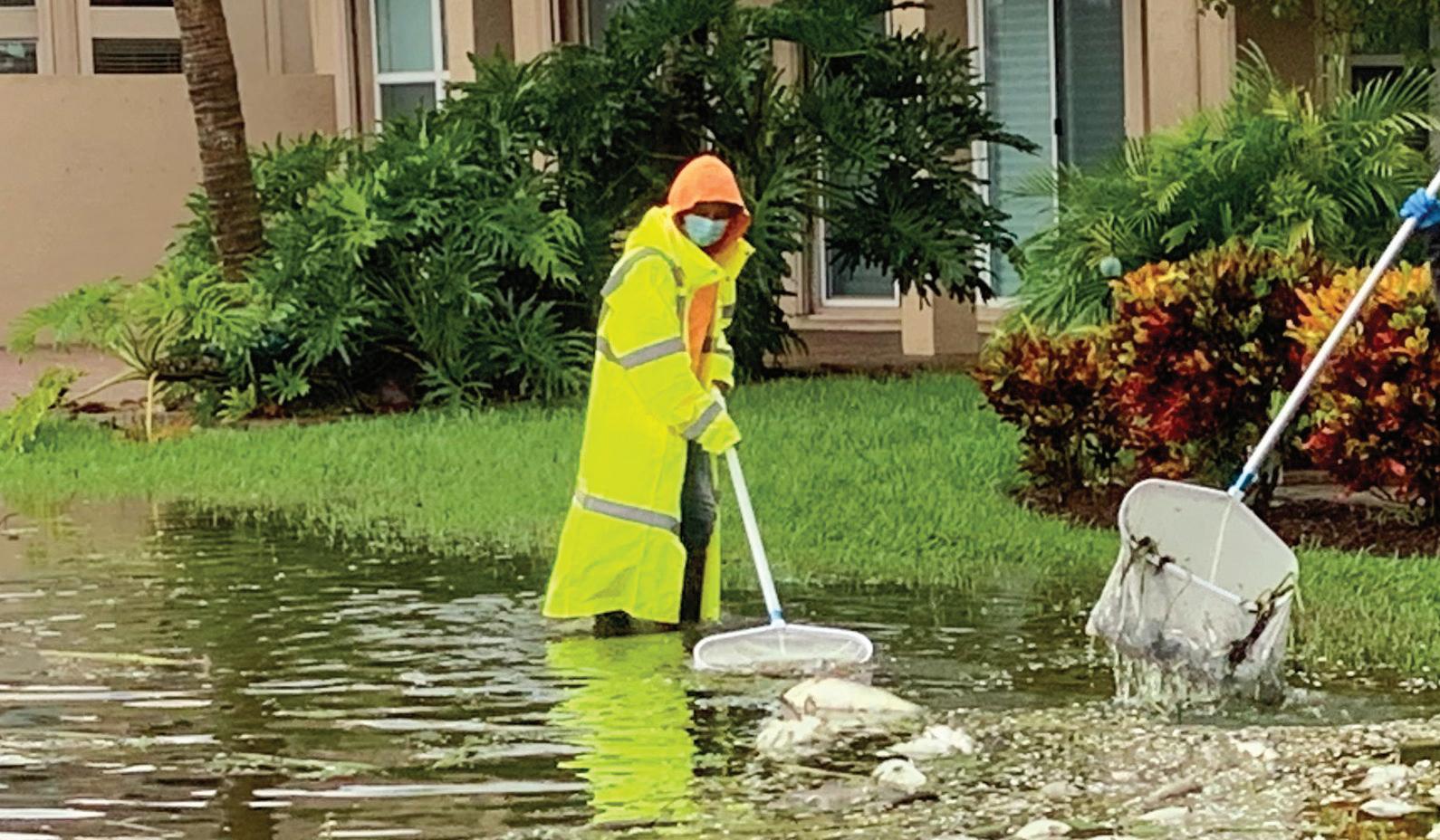
≥ ≥ ≥ ≥
Collaboration Highlights include:
Weekly
Hurricane Recovery and Resiliency Webinars covering such topics as Hurricane Michael Recovery efforts, best practices in Disaster Recovery, Climate Justice, the role of volunteers in Disaster Recovery, new innovations in resilient and green building, how SHIP offices can prepare for Hurricane Recovery efforts. To date, we have produced two hundred webinars total, with over 8,000 participants and hundreds of expert panelists.
Across the Tampa Bay and East Central Florida Regional Planning Council geographic areas, the Coalition introduced housing hazard mitigation and resilience methods and tools to local governments that can be implemented through planning and policy development. Using specific vulnerability indicators to identify areas most at-risk and populations most likely to experience displacement during a disaster event, guidance on how to preserve assisted and naturally occurring affordable housing reached various levels of local governments and internal departments, bringing to light the value of incorporating a housing champion to the table for all planning processes.
The Coalition partnered with the National Low Income Housing Coalition to build or strengthen relationships between housing providers and disaster management agencies including: Florida Division of Emergency Management; Florida Volunteers Assisting in Disasters; FEMA; Florida Department of Economic Opportunity; HUD Field Office- Jacksonville; Florida Housing Finance Corporation; Long term recovery organizations; Local emergency operations centers; Housing providers- public and private; and, Legal aid services.
As a result of this intense collaboration and information sharing, the Coalition Resilience and Disaster Recovery Team received the Governors Hurricane Conference Award for Public/Private Achievement for its leadership and contribution to developing and delivering training and implementation tools for local governments and their partners in the preparedness, response, recovery and mitigation of housing, particularly housing that is affordable to low and moderate income residents including vulnerable populations.
AHAC Training: Increasing Opportunities for Regulatory Reform
The Affordable Housing Advisory Committee (AHAC) has been a requirement for the SHIP program since its start in 1992 with the passage of the William E. Sadowski Affordable Housing Act. During the 2020 legislative session, a new requirement called for a local elected official to be added to the roster of the County or City’s Affordable Housing Advisory Committee (AHAC). Regulatory reform and a program of incentives are powerful tools for attracting private-sector development of affordable housing. The active participation of local elected officials on the AHAC will result in greater opportunities for implementation of regulatory reform for affordable housing. The Florida Housing Coalition has been conducting orientation and implementation strategy training with all the elected officials who were appointed to the AHACs.
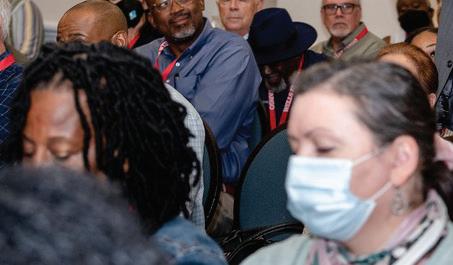

Regulatory reform and a program of incentives are powerful tools for attracting private-sector development of affordable housing.
FHC Connect: Connecting Communities with Technology

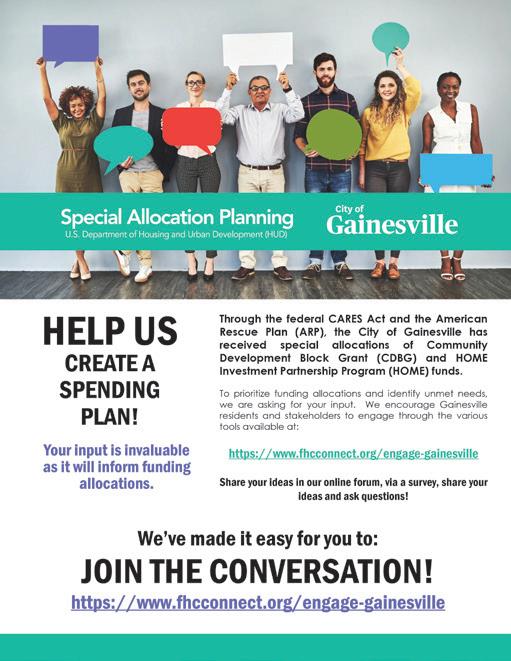
Launched in 2022, FHC Connect is an all-in-one community engagement platform offering a set of comprehensive tools and widgets to collect stakeholder input and data. The Coalition recognizes that community outreach has changed, particularly since the pandemic, and now provides progressive outreach methods to maximize citizen participation. The Coalition offers a unique virtual experience through our FHC Connect platform.
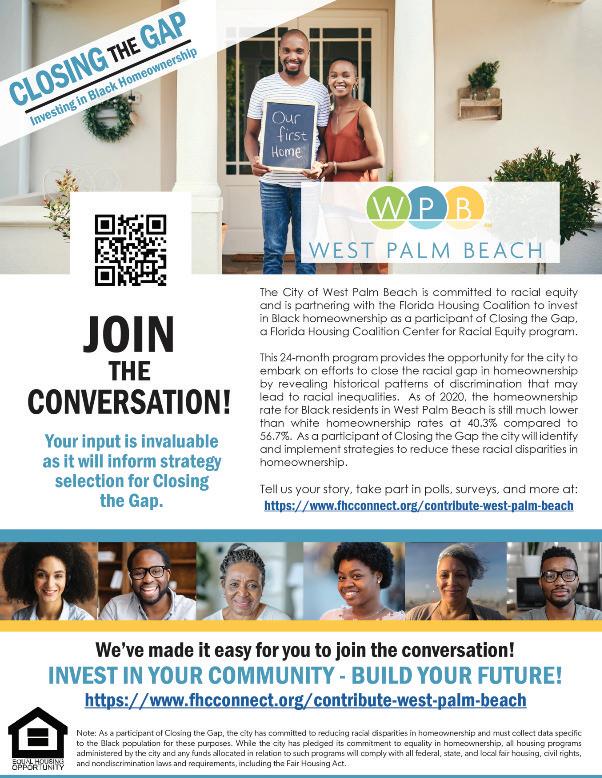

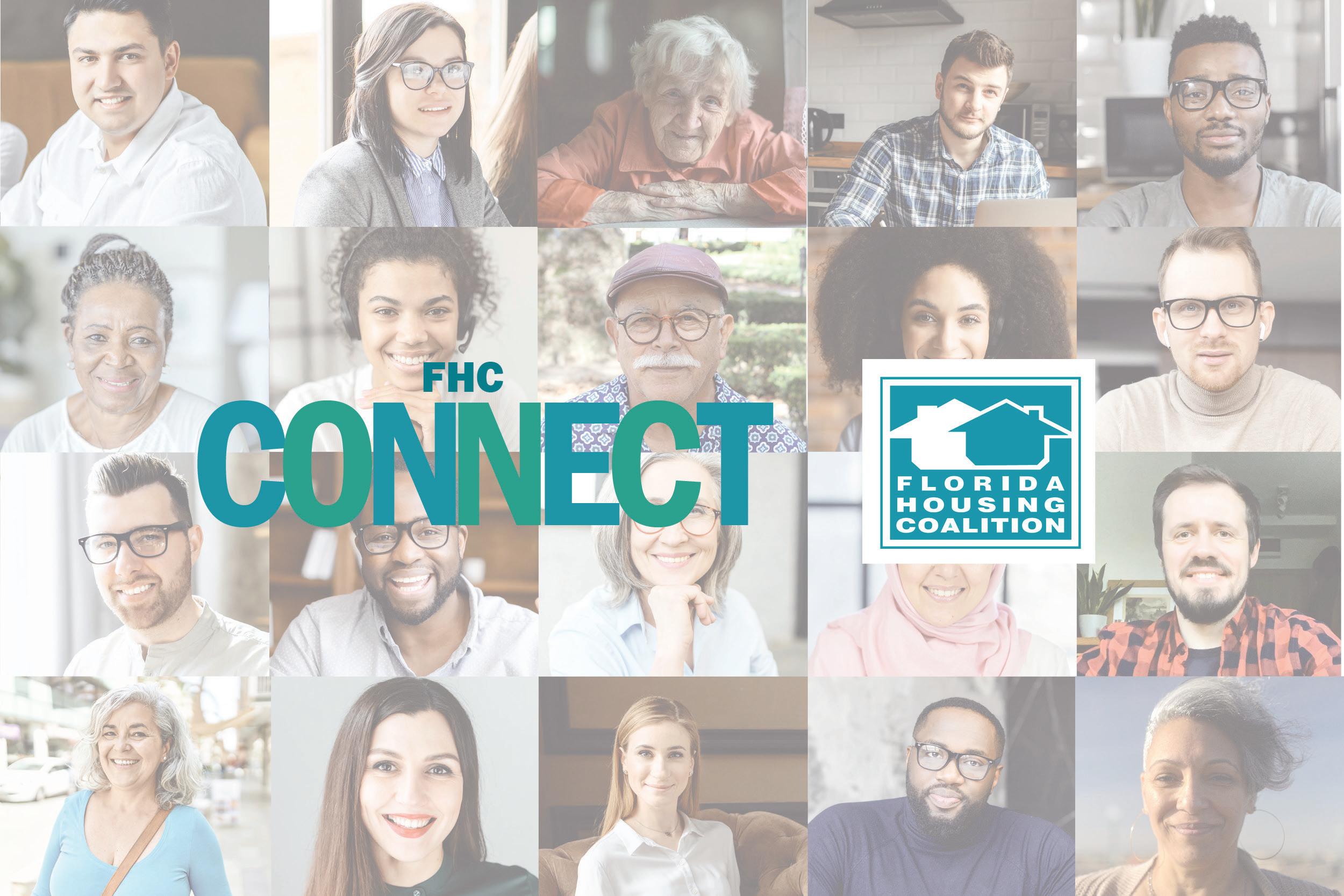
A New Framework: Increasing Participation by Individuals with Disabilities
As we continue to face an affordable housing shortage, it is critical that the housing needs of individuals with disabilities are fully represented in local funding decisions. Historically, individuals with disabilities are underrepresented in community-based planning efforts surrounding affordable housing, including consolidated planning, a requirement for grantees receiving federal housing funds through the U.S. Department of Housing and Urban Development (HUD). Recognizing that HUD is a primary resource for addressing the housing needs of individuals with intellectual and developmental disabilities as well as crossdisability groups with shared priorities, the Florida Developmental Disabilities Council (FDDC) and the Coalition have partnered to develop the Framework for Effectively Engaging Individuals with Disabilities in Consolidated Planning. This a tool for local and state governments to actively increase participation by individuals with disabilities in consolidated planning.

Disabilities
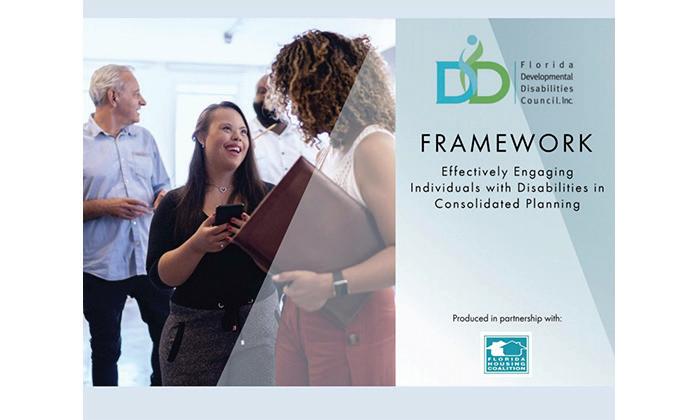

Building Capacity: Investing in Nonprofits

One of the core goals of the Florida Housing Coalition is to increase the sustainability and productivity of nonprofits throughout the state. Through our Nonprofit Capacity Building Institute, we help nonprofit organizations increase their productivity in service delivery and production of housing that is affordable through proven best practice capacity building training and technical assistance.
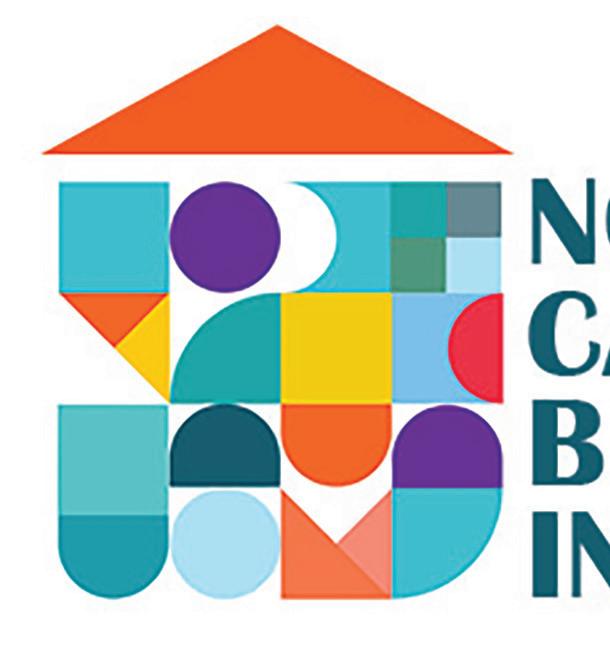
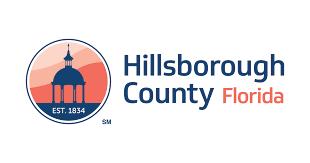
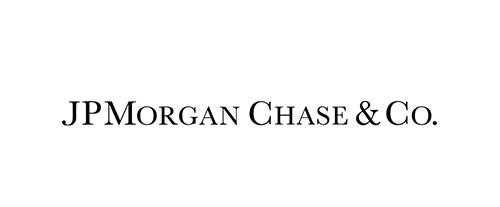
Support for our Nonprofit Capacity Building work is generously provided by:
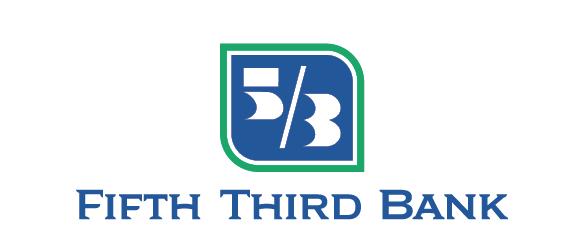
Highlights include:
Launched our Building Nonprofit Capacity to Build best practices course on our e-learning platform Elevate with over 190 students enrolled to date and working through the material.

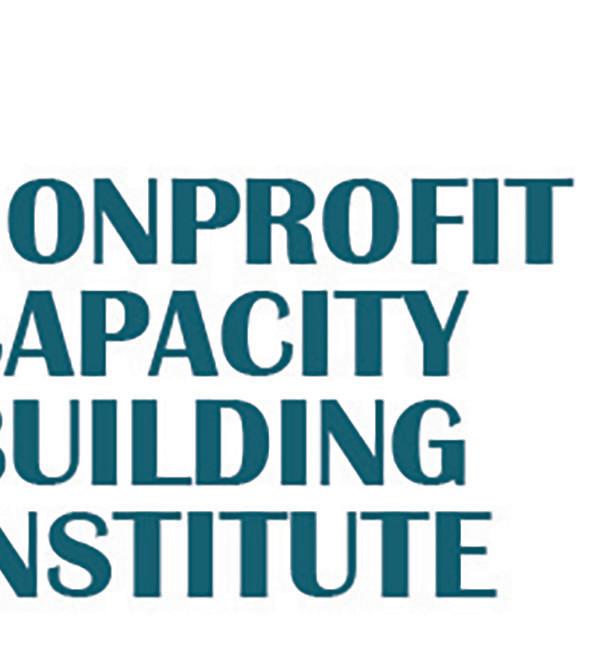
Developed original curriculum accessible on Elevate and combined with live zoom sessions on the Affordable Housing Development Process, Preparing a Development ProForma, and the Development Plan. The goal of this enhanced training is to ensure at least one high performing nonprofit housing developer is providing services in every region of the state. Between NCBI and our PLP work, we’re building capacity for nonprofit developers in 28 of 67 counties.
Created an intensive one-on-one consulting program to triage existing challenges and opportunities related to capacity building during 2021 and 2022. This program provides guidance from industry veterans allowing the nonprofits to quickly determine next steps to unlocking stalled projects nearing or in the development process. Participating nonprofit organizations represent the Tampa Bay/St. Petersburg region and the South Florida region. Combined these organizations are under development for over 200 units.
Completed an intensive, 3-year capacity-building program with 10 nonprofits in Hillsborough County. All nonprofits that have continued in the program have maintained or increased capacity, evidenced by financial statements, funding awards, and hiring of additional staff. Collectively, this group accounts for over 300 units of affordable housing produced or preserved in Hillsborough County.
≥ ≥ ≥ ≥
Transforming Florida’s Response to Address the Crisis of Homelessness
The pandemic exacerbated the crisis of homelessness. Individuals and families found themselves in at risk of homelessness for the first time. Emergency shelters were faced with having to reduce capacity or close their operations altogether. People who were unsheltered were burdened with an even higher risk of illness and early death. The CARES Act and American Rescue Plan Act provided unprecedented financial resources to help communities address these challenges but setting up programs and community-wide coordination required a heavy lift. The Florida Housing Coalition stepped up to address the needs of Continuums of Care (CoCs) and local governments by providing support to communities throughout Florida with concrete guidance, operational support, community engagement, and planning.

Highlights include:
• Assisted the Pasco County CoC in implementing a coordinated investment plan and housing surge, resulting in over 260 households finding permanent housing.
• Provided HUD Technical Assistance and ESG-CV implementation support to 15 CoCs and 5 ESG recipients across Florida, Georgia, New Jersey, and New York.
• Pivoting to virtual training and professional development, we built capacity and expertise with over 2,000 individuals working to prevent and end homelessness in Florida.
• Collaborated with child welfare partners to bring housing to the forefront to stabilize and reunited families.
• Worked with several CoCs to strengthen their Governance structure through new board member orientation, training, Charter revisions, and strategic planning.

Emergency Rental Assistance: Florida in Action

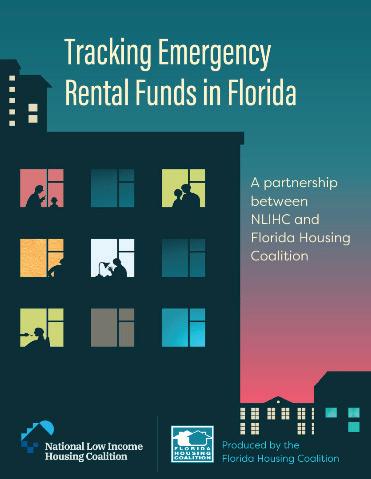
The Florida Housing Coalition provided technical assistance to the 119 local governments that received $250 million in Coronavirus Relief Funds (CRF) through the CARES Act. Local governments were tasked with spending CRF through activities like individual rent and mortgage assistance, rental assistance for Florida Housing Finance Corporation’s portfolio, and developments needing operations assistance. When CRF began winding down, Congress passed a COVID-19 relief package including $25 billion in emergency rental assistance (ERA) through the U.S. Department of the Treasury. In March 2021, the American Rescue Plan Act provided an additional $21.55 million for ERA. The Florida Housing Coalition joined the National Low Income Housing Coalition’s “End Rental Arrears to Stop Evictions” (ERASE) project. Through the ERASE grant, the Coalition was able to provide direct technical assistance to 32 local government ERA recipients, advocate for policies impacting renters, and analyze Florida spending.

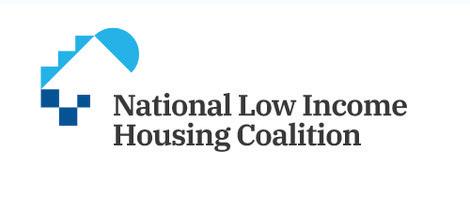
Ensuring Statewide Excellence
Serving very low, low, and moderate income families, the State Housing Initiatives Partnership program (SHIP) administered by Florida Housing Finance Corporation reaches families in need in every county in Florida. The Coalition provides year-long technical assistance to these essential offices, making sure they have the guidance and support they need to successfully administer these programs.

SHIP not only provides funding for down payment and closing cost assistance, new construction, and rehabilitation, but it also endows local governments with the flexibility to meet the needs of their populations. Funds are allocated to all 67 counties and 53 eligible cities through a population-based formula with a minimum distribution of $350,000 per count. In working with these local communities, we make sure families have the ability to purchase a home, or to repair or replace a home or with other essential monies they need to stay safely housed. Through our extensive, annual training and technical assistance, we work one-on-one, in small workshops, and in group webinars to ensure compliance and encourage the adoption of best practices statewide.
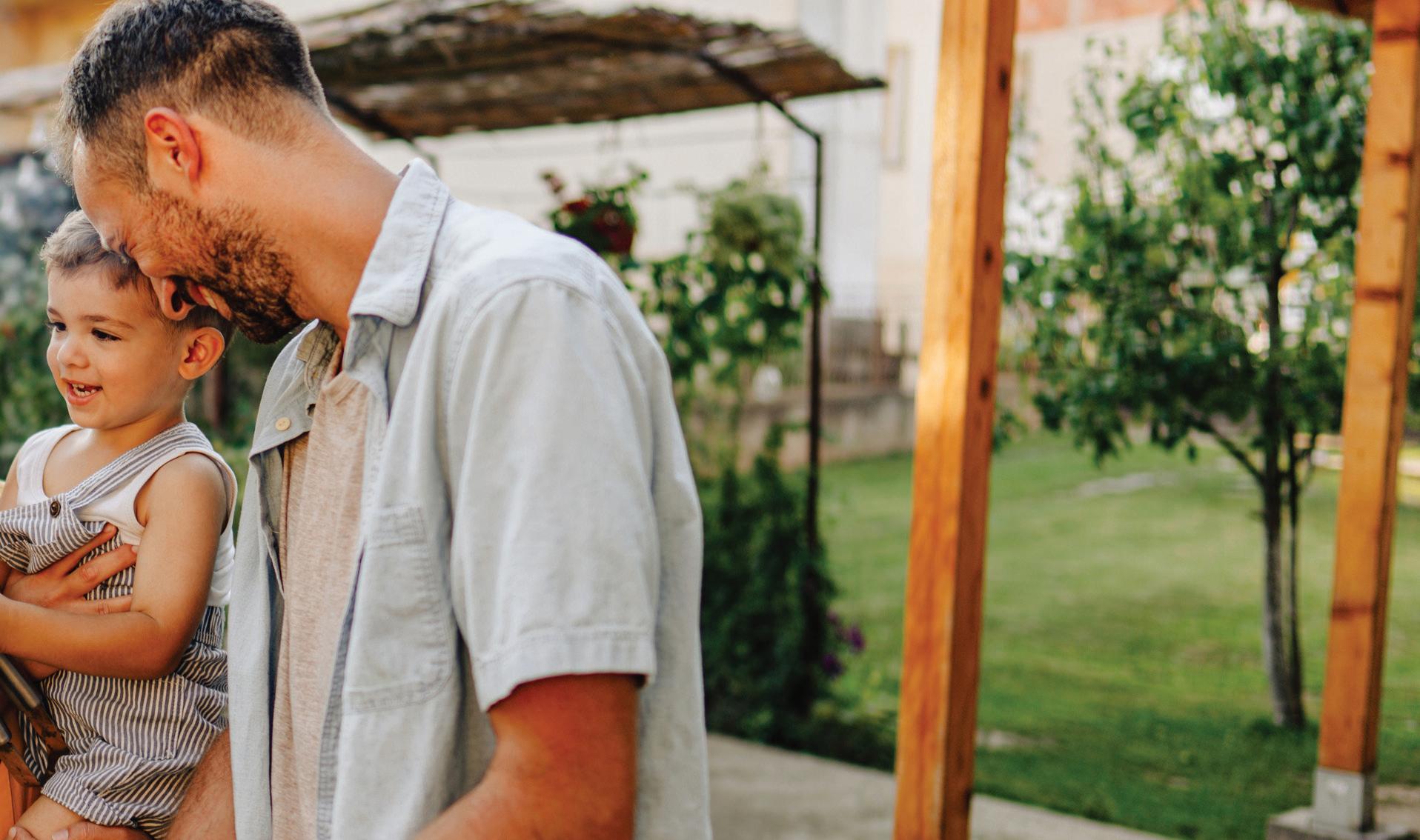
Home Matters: Detailing Florida’s Affordability Crisis
HOME MATTERS is an annual publication from the Florida Housing Coalition that details, through data and interactive dashboards, the need for greater rental and ownership housing affordability throughout Florida. This year’s edition is fully interactive with an online companion page featuring:
• Multiple Dashboards
• Look up Cost Burden by County
• Advocacy Toolkit featuring social media messages prepackaged
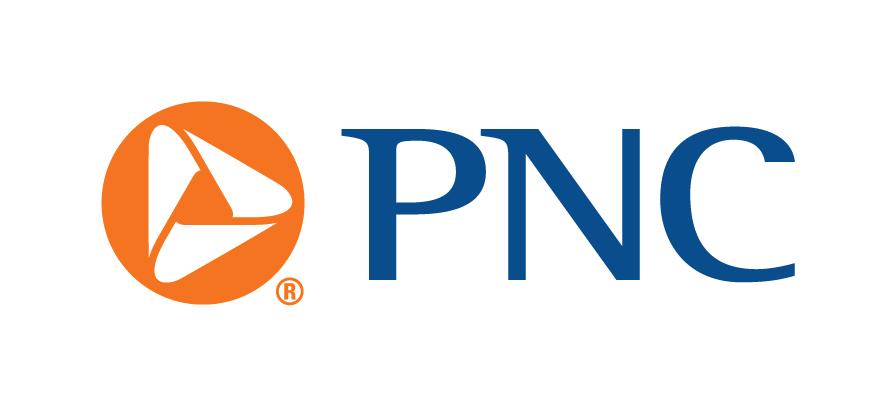

New Feature Added:

Look up Cost Burden by County
The Cost Burden by County interactive dashboard shows the number of cost-burdened households by income as well as by renter or homeownership. The cost burden for very low-income households has increased significantly since 2019 –with 86% and 74% of all households cost-burdened, respectively, a dramatic increase from 77% and 70% in 2019. Cost burden is especially widespread among low-income renters. In fact, cost-burdened renter households consistently place at and above 40% across many Florida counties.
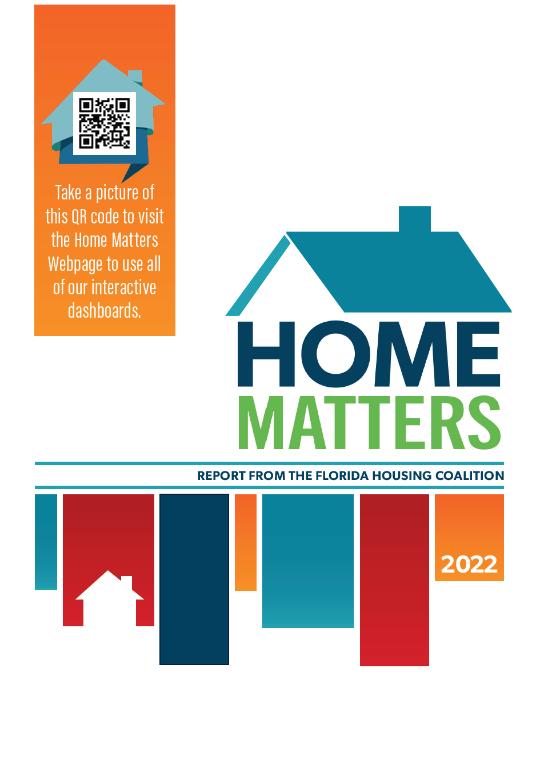
Affordable Housing is Critical to the Quality of Life for All Floridians
The Florida Chamber has a housing goal in its 2030 Florida Blueprint plan to reduce the number of cost-burdened households to no more than 10% by the year 2030. As Florida’s statewide nonprofit provider of training and technical assistance, we recognize that it will take a significant and coordinated effort by public and private entities to achieve measurable and meaningful progress. Our approach is to encourage funding and land use policies supported by cross-sector collaboration to ensure sufficient supply of affordable housing for Floridians who are housing cost-burdened, including vulnerable populations such as people experiencing homelessness, people living in fixed incomes, such as the disabled and elderly, young families, and essential workers. Download Your Copy of the Blueprint.
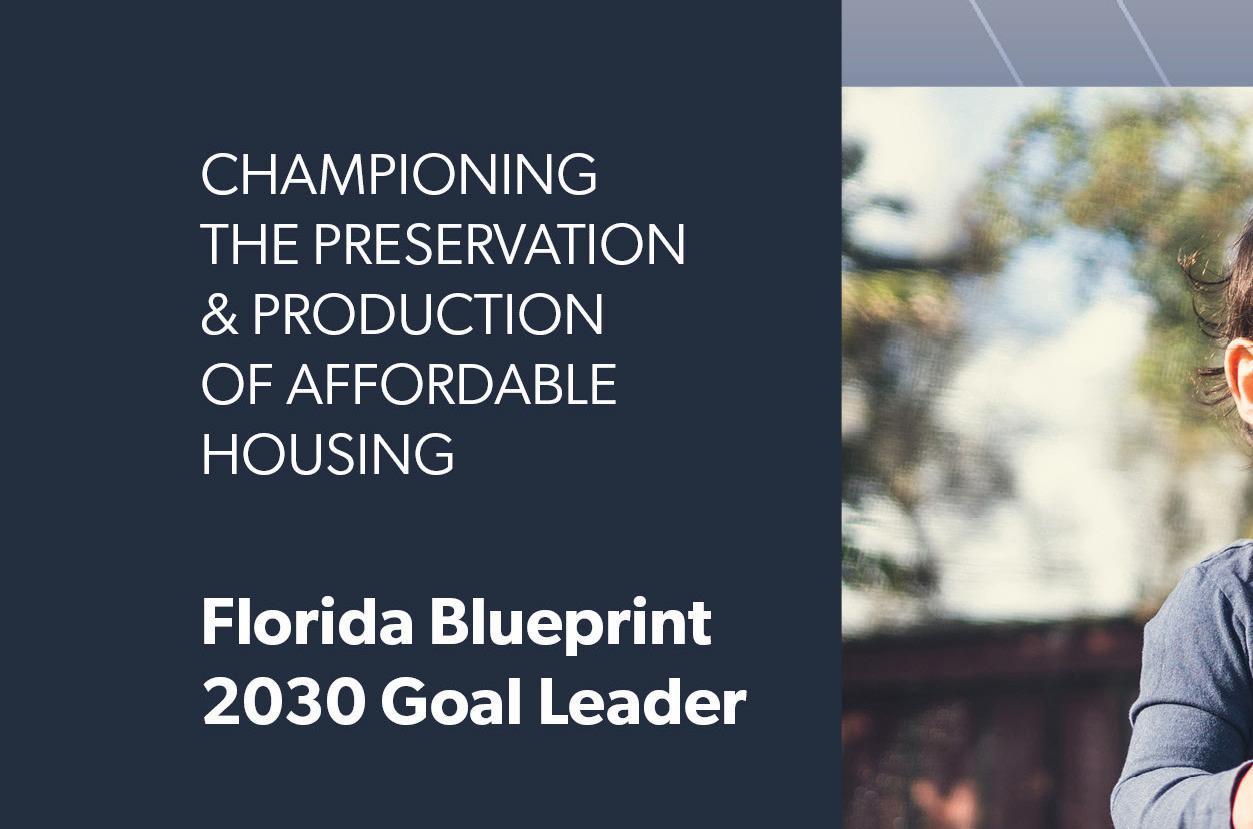 Florida Housing Coalition Partners with Florida Chamber Foundation to Become Blueprint Goal Leader
Florida Housing Coalition Partners with Florida Chamber Foundation to Become Blueprint Goal Leader
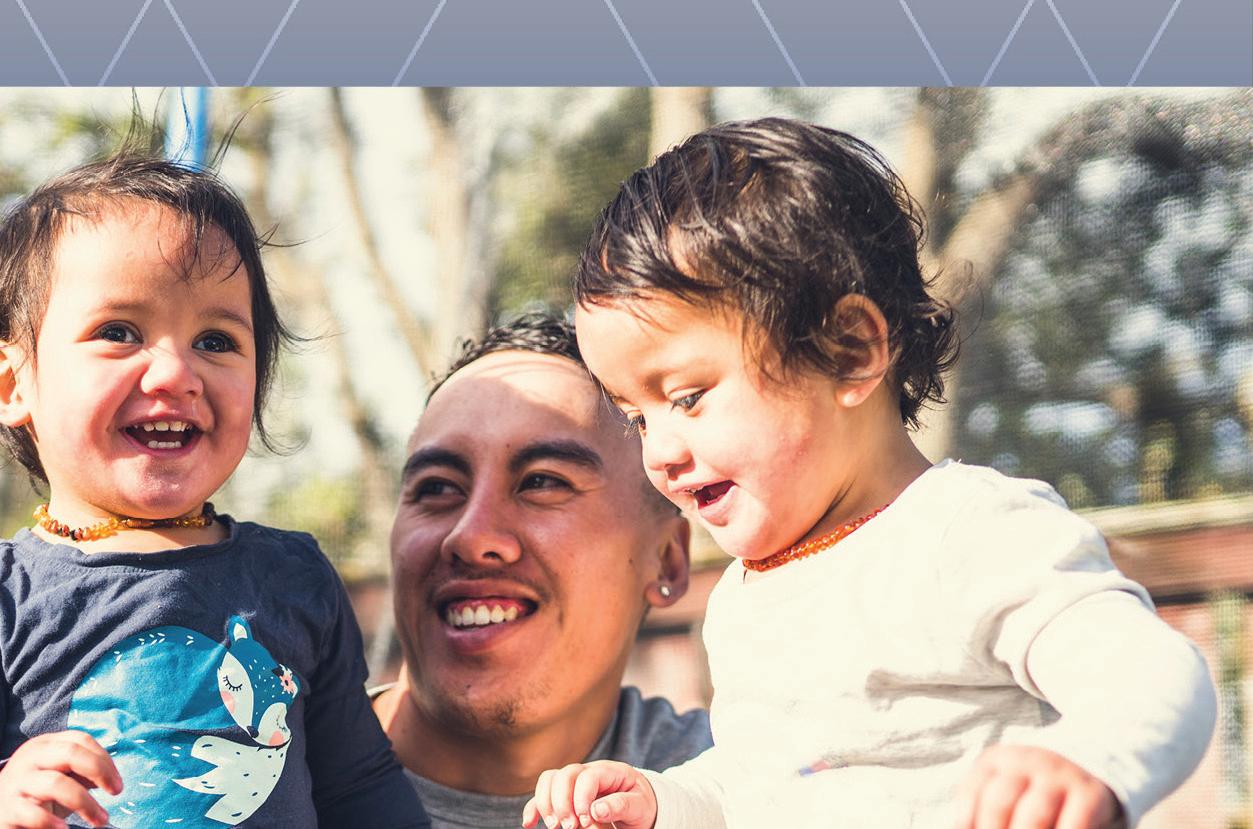
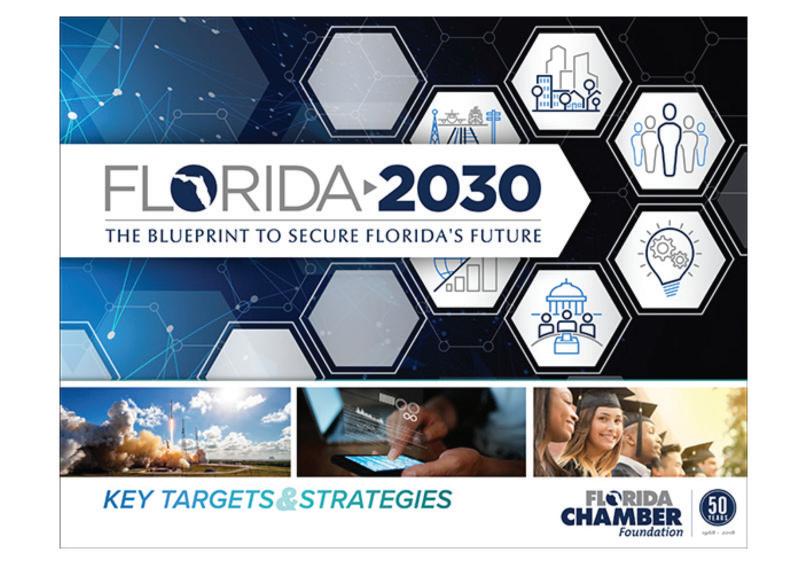
Responsible Stewards of Your Investment

94.3%
We know that our Partners for Better Housing want to ensure their dollars go to help local housing programs, and we do our utmost to ensure fiscal responsibility at all levels of the organization. In fact, the Coalition works hard to keep funds received going directly to our programs. Whereas the national average is 79% ours is 94.3%




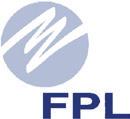
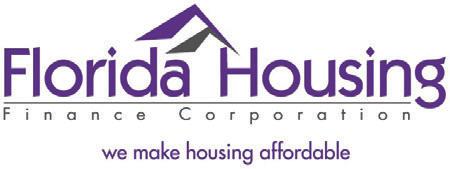
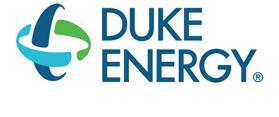
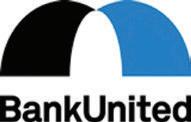
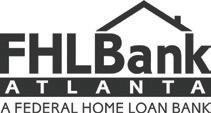
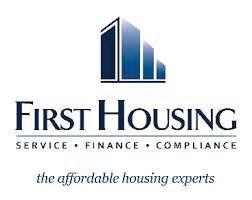
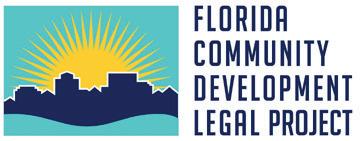


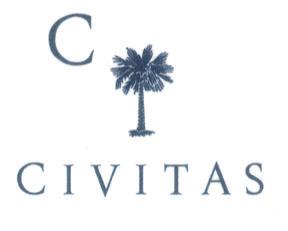


CO-SPONSORS SPONSORS GOLD PLATINUM The Florida Housing Coalition thanks the
organizations
individuals • BLUE SKY COMMUNITIES • CAPITAL CITY BANK • NATIONAL CHURCH • NATIONAL COMMUNITY
following
and
Thank You to our Partners
For their commitment to improving housing conditions in Florida.
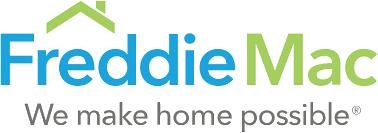

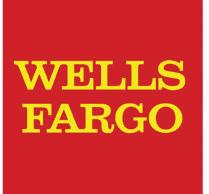

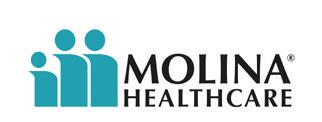
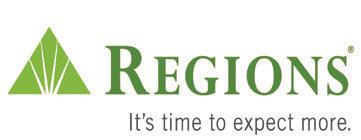



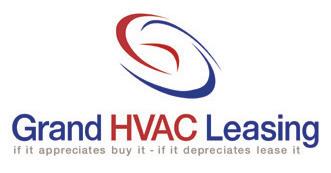



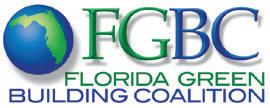








Partners for Better Housing
PLATINUM
GOLD
CO-SPONSORS
SPONSORS
CHURCH RESIDENCES COMMUNITY RENAISSANCE • RBC CAPITAL MARKETS • ROYAL AMERICAN COMPANIES









































 Special thank you to Center for Racial Equity Major Underwriters:
Special thank you to Center for Racial Equity Major Underwriters:







 Special thank you to Center for Racial Equity Major Underwriters:
Special thank you to Center for Racial Equity Major Underwriters:





 Special thank you to our Hurricane Ian Disaster Recovery Partner:
During blue skies, the Florida Housing Coalition implemented a Business Continuity Plan drawing from Enterprise’s Business Continuity Toolkit. We were able to implement this during Hurricane Ian, and highly recommend this tool to other nonprofits and affordable housing developers.
Special thank you to our Hurricane Ian Disaster Recovery Partner:
During blue skies, the Florida Housing Coalition implemented a Business Continuity Plan drawing from Enterprise’s Business Continuity Toolkit. We were able to implement this during Hurricane Ian, and highly recommend this tool to other nonprofits and affordable housing developers.






























 Florida Housing Coalition Partners with Florida Chamber Foundation to Become Blueprint Goal Leader
Florida Housing Coalition Partners with Florida Chamber Foundation to Become Blueprint Goal Leader


































